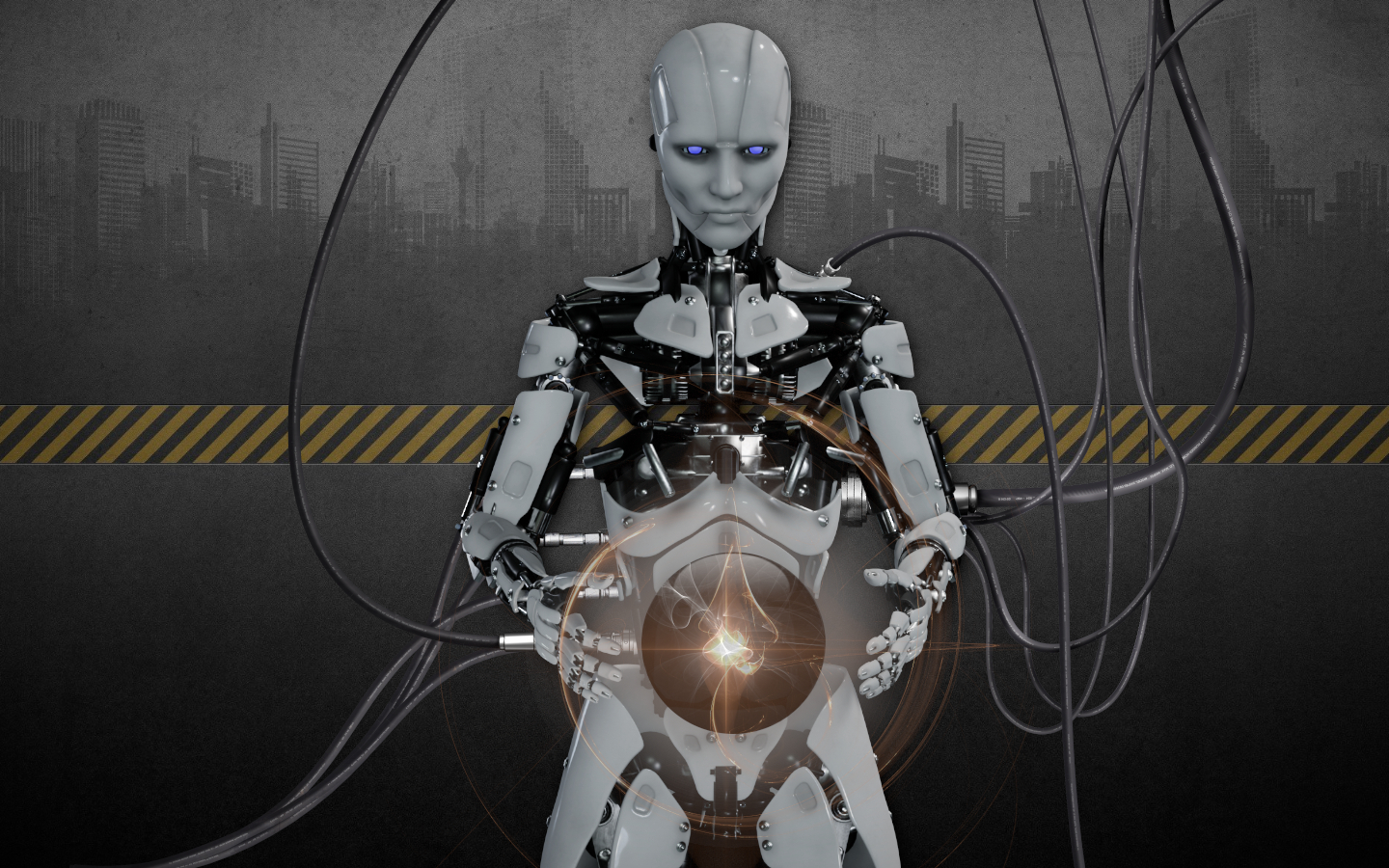
Today, ordinary people are becoming more and more limited in their ability to openly express their opinions, in other words, de-platformed. Banks close access to certain types of business. Accounts are frozen. Entire applications are simply thrown out of AWS, the Apple App Store, etc. These are definitely not the best of days, if your view is contrary to a fairly limited acceptable opinion. At the same time, now, the ability of large companies to control the behavior of people seems to be greater than ever. Why do big tech companies have so much power? Why are they able to keep anyone they want from speaking up?
Social media can censor content because that they are free. The various license agreements that no one reads anyway are not a real contract because, in a sense, the users are the end product. All these platforms make their money from ads
.
You can think of them as giant lures to attract users so that their attention can be packaged and sold to advertisers [или политикам].

